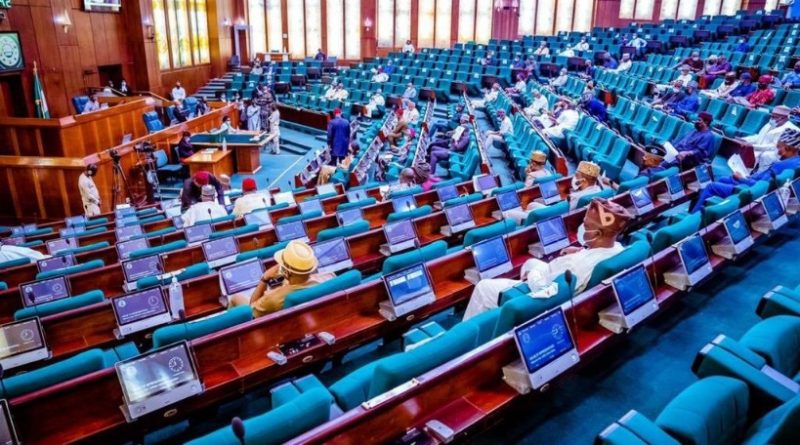Reps begin probe into $4.6bn health grants to Nigeria
The House of Representatives has begun investigation into the management of more than $4.6 billion in grants Nigeria received from the Global Fund and the United States Agency for International Development (USAID) between 2021 and 2025.
The funds were allocated to support the fight against HIV/AIDS, tuberculosis (TB), and malaria, as well as to strengthen Nigeria’s health systems.
Amobi Ogah, Chairman of the House Committee on Infectious Diseases, said the investigation aims to ensure that every dollar and naira of the grants is properly accounted for.
“We cannot continue to receive grants that limit Nigeria’s control over their management. Any assistance given must allow Nigeria to manage these funds responsibly,” he stated.
Ogah lamented that despite billions spent on tackling infectious diseases, Nigeria continues to bear a high burden of HIV/AIDS, TB, and malaria.
He said the committee will collaborate with the Economic and Financial Crimes Commission (EFCC) and the Independent Corrupt Practices and Other Related Offences Commission (ICPC) to ensure full accountability from implementing partners and grant recipients.
He also disclosed that the committee will require all implementing partners to submit their project plans to the National Assembly for review before future disbursements. “The era of spending Nigeria’s money without approval and accountability is over,” Ogah declared.
Read also: Reps launch probe into $850bn unrepatriated crude oil export proceeds
Ogah further revealed plans to restructure the National Agency for the Control of AIDS (NACA) into a new National Agency for the Control of AIDS, Tuberculosis, and Malaria (NACATAM) to strengthen oversight of the country’s three major infectious diseases.
Muhammad Pate, minister of health and social welfare welcomed the probe, noting that while foreign assistance has saved millions of lives, Nigeria must gradually take greater responsibility for funding its own health priorities.
He acknowledged that domestic health spending remains below the 15 percent benchmark set by the Abuja Declaration, underscoring the need for sustainable domestic financing as donor support declines.

